Keeping traditions alive
I love the spirit of the Bengali New Year or Poila Boishakh! It’s a time for joy, celebration and new beginnings. It is amazing how Bengali traditions have been kept alive and celebrated through the ages! What could be a better occasion than Poila Boishakh, the first day of the Bengali calendar? It’s a day of new beginnings, togetherness, and spreading joy with our loved ones. The history behind this celebration is fascinating too, starting from tax collection to becoming an occasion of merriment deeply connected with social and domestic life. I’m excited to join the festivities this year and enjoy some delicious sweets and food with my friends. Happy Poila Boishakh to all of you! May this day bring you lots of happiness and good fortune!
New calendars – the main attraction
As I speak of tax collection, I clearly remember those red books known as haalkhaata kept on the shops’ counters’ on Poila Boishak during our childhood. Some prominent shopkeepers would erect a tent with a few chairs under it for the comfort of their customers as they sipped on bottles of Fanta and indulged in gossip. The not-so-fortunate ones would finish it off with a puja and consider themselves lucky if a customer happened to step inside. This was the day our home saw the greatest collection of Bangla calendars with pictures of gods and goddesses and, my mother faced the biggest dilemma – choosing the best among them to adorn the walls already thickly wallpapered by old ones from previous years. It is still taboo to believe that those calendars could age. Therefore, they remained in their places while the entire house turned topsy-turvy for cleaning just before Nabobarsho or Bengali New Year.

Ritualistic cleaning and the allure of new clothes
Yes, that is another aspect of this celebration. The houses and homes are made ready to welcome the New Year by decluttering and cleaning the spaces for peace and prosperity. People also scramble to get copies of the Panjika or Almanac that help them find out about auspicious dates and festivals. Special fairs and processions are held to celebrate this important day. People visit temples and wear new clothes. When we were young, this was another occasion apart from our birthdays and Durga Pujo, when we could buy new clothes. It lent the entire affair a different excitement, but my children, who have gotten habituated to purchasing things out of turn don’t seem to appreciate the little joys that festivals bring along with them as much as we did. Since it falls during the summer, Maa would scout for cotton clothes, and the shopkeeper, having known her well for years, would completely ignore our choices, much to our disappointment.

A cultural extravaganza
Bengalis are known for their culture and tradition. No festival can be complete without a fair dose of song, music, dance, and drama. Here in Manila as soon as the date and venue had been fixed for Nabobarsho, the next thing that was on everybody’s mind was a cultural function. After much deliberation, the ladies decided to sing while a few listed their names for recitation. We were elated. I attended one rehearsal, and I had goosebumps. No, it wasn’t perfect, but the urge to come together for a common cause as a community is the crux. That is exactly what a festival tries to teach us.
Festivals teach us to stand together, beside each other other
A culinary celebration
Poila Boishakh is just around the corner, and I can already feel the excitement in the air! I can’t wait to indulge in mouth-watering delicacies and celebrate the new year with my loved ones. As a Bengali, I know that food is an essential part of our festivities, and I am already dreaming of the delicious spread that awaits me. From panta bhaat to illish, and from shutki to aloo posto, there are so many options to choose from. And let’s not forget about the gorgeous traditional attire that we get to wear on this day. It’s so heartening to see people come together in the spirit of unity and celebrate this festival regardless of their background or status. I am grateful to be a part of this rich culture and tradition, and I can’t wait to make new memories on this Poila Boishakh!

Note – It is the year 1431, according to the Bangla calendar
Deepanwita Kar





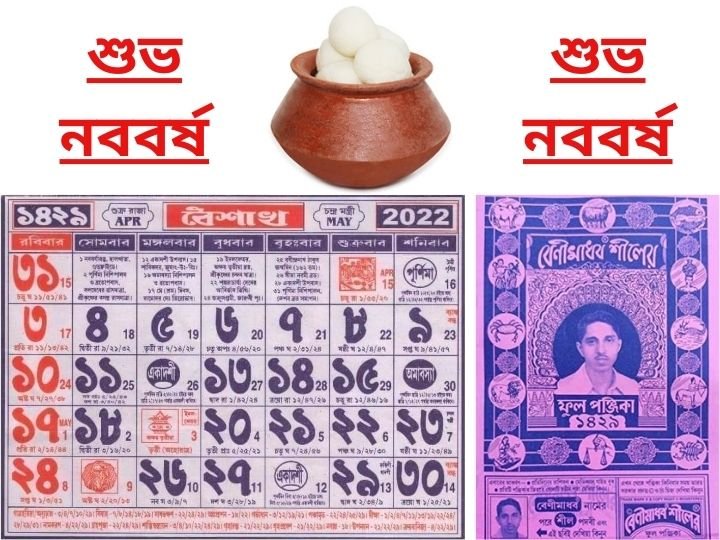

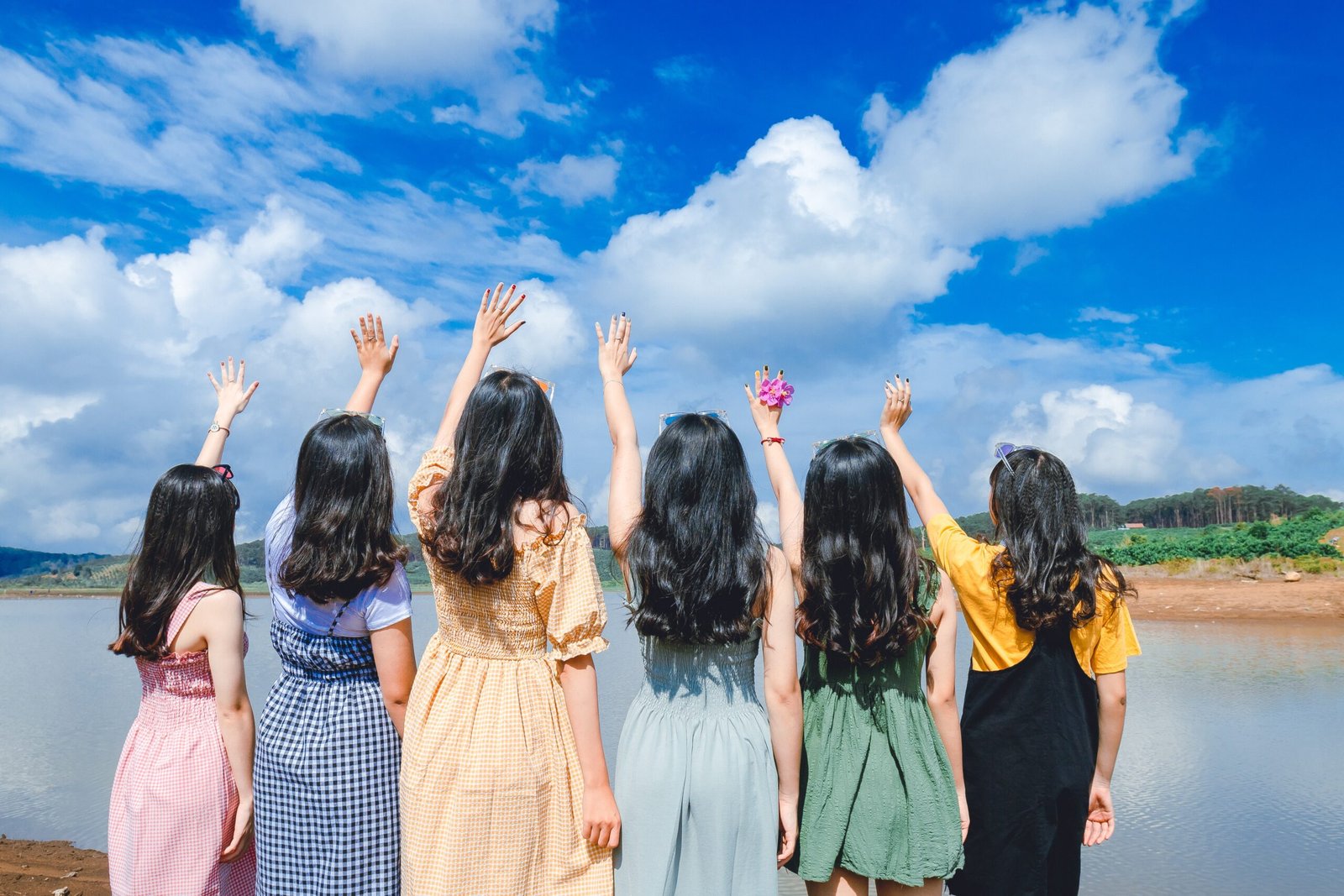

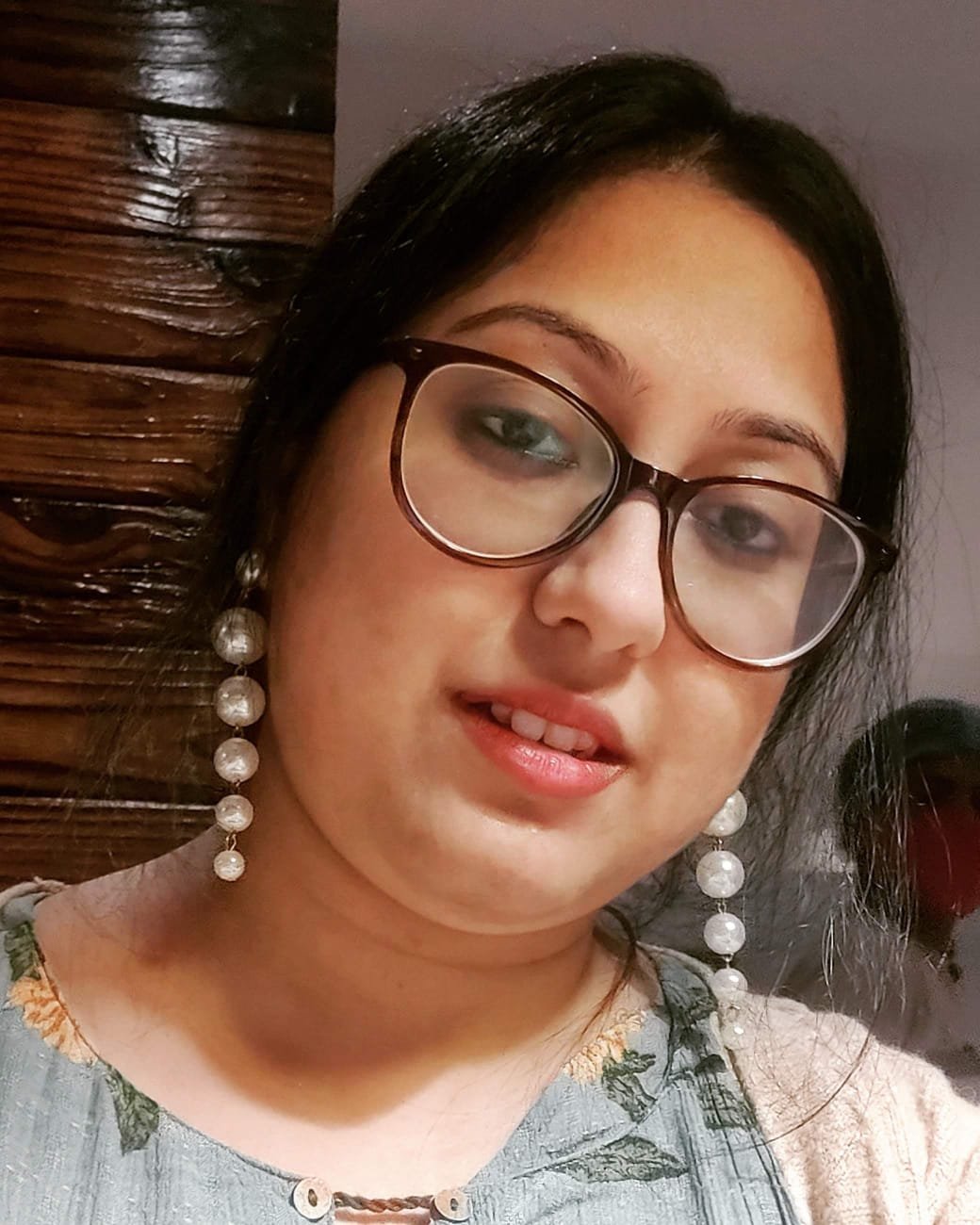
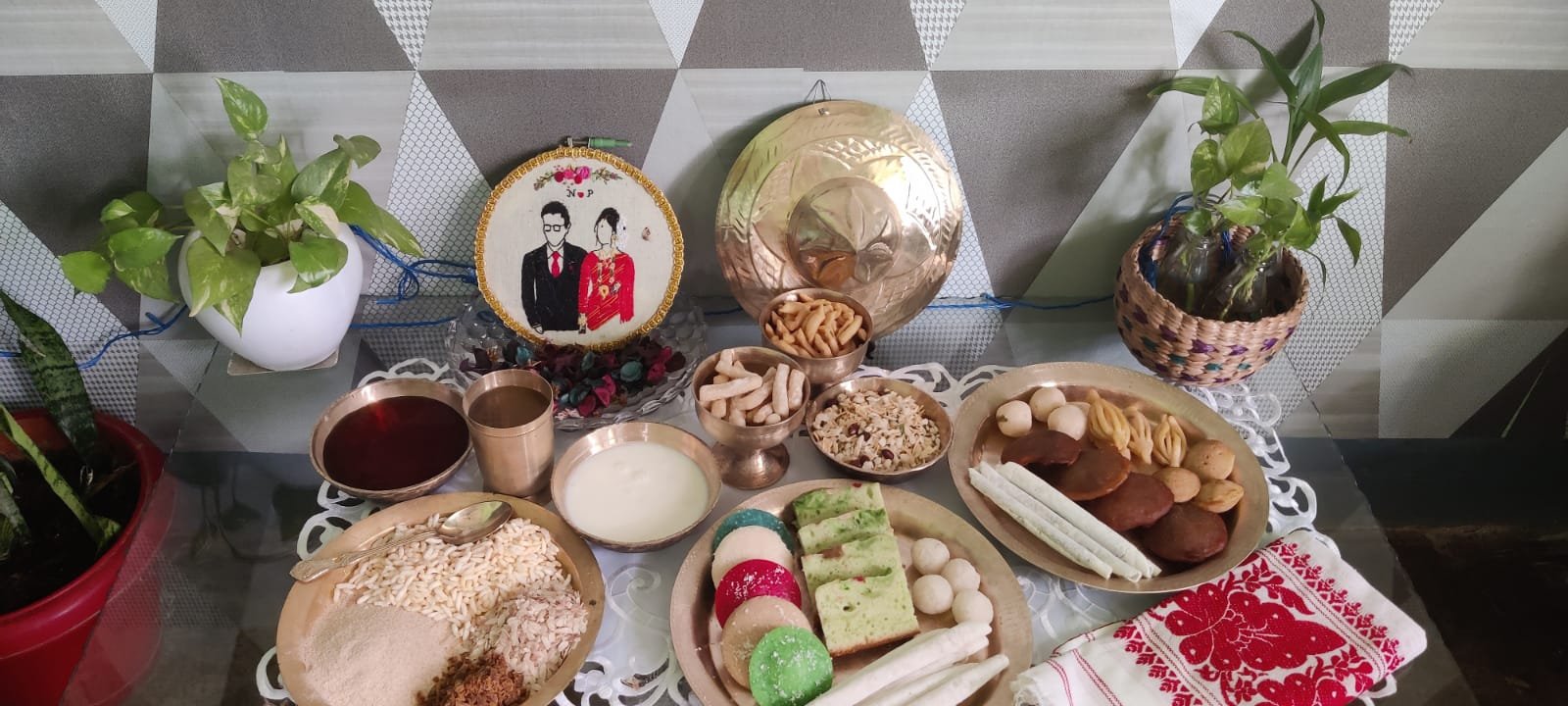


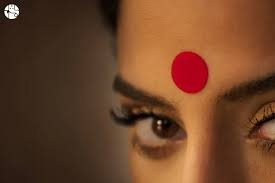


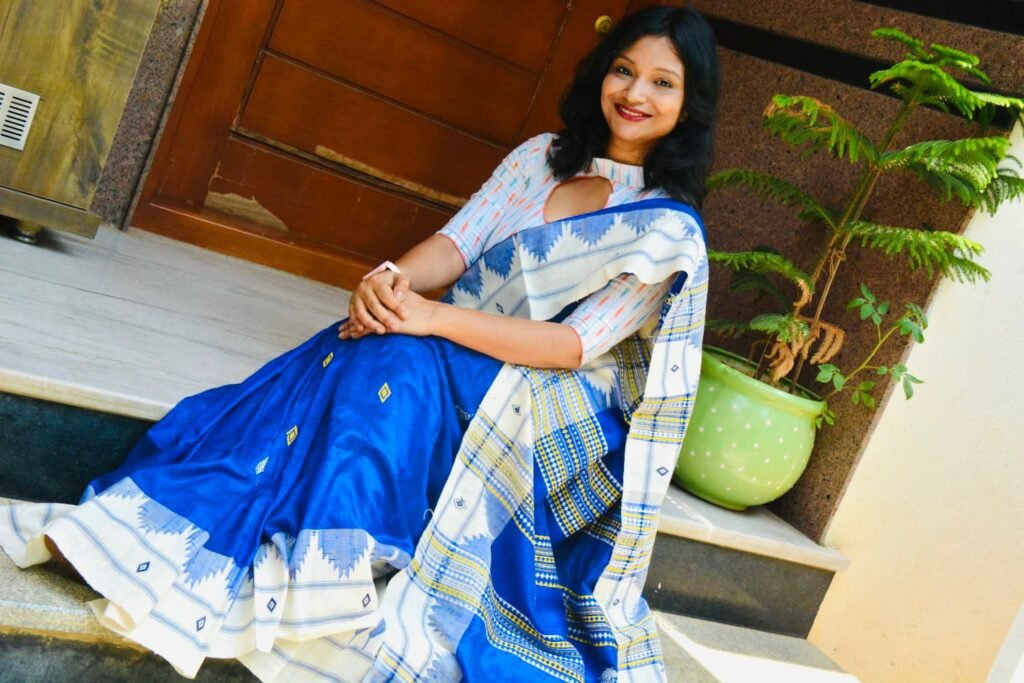
Facebook Comments